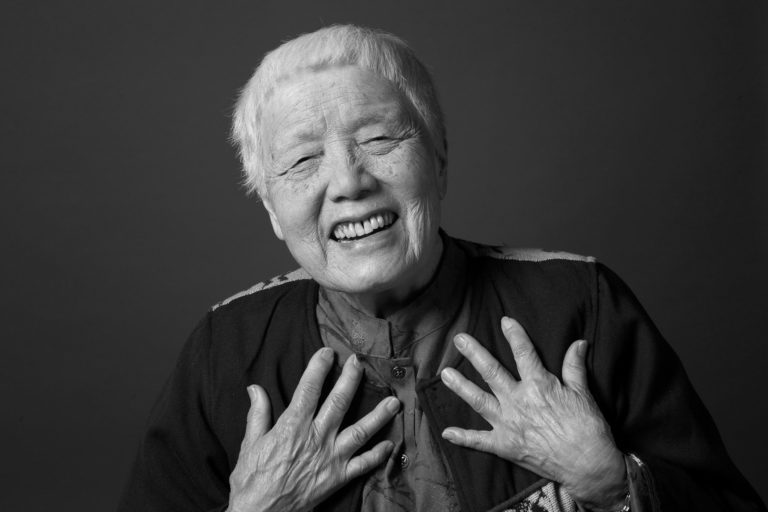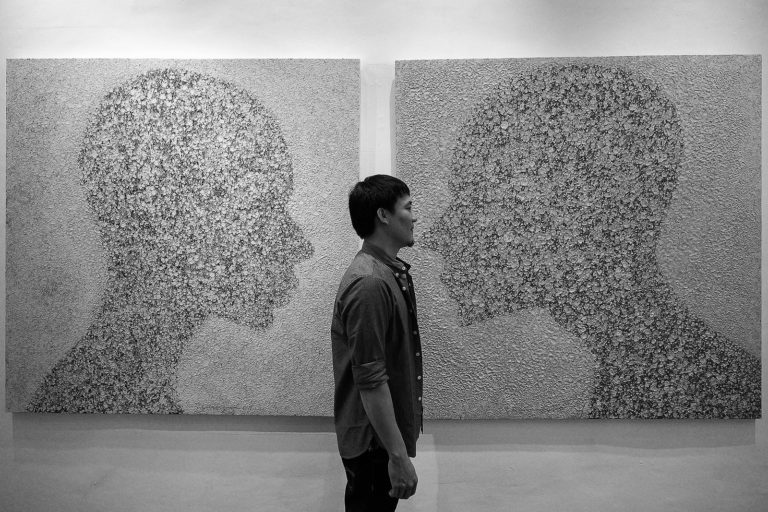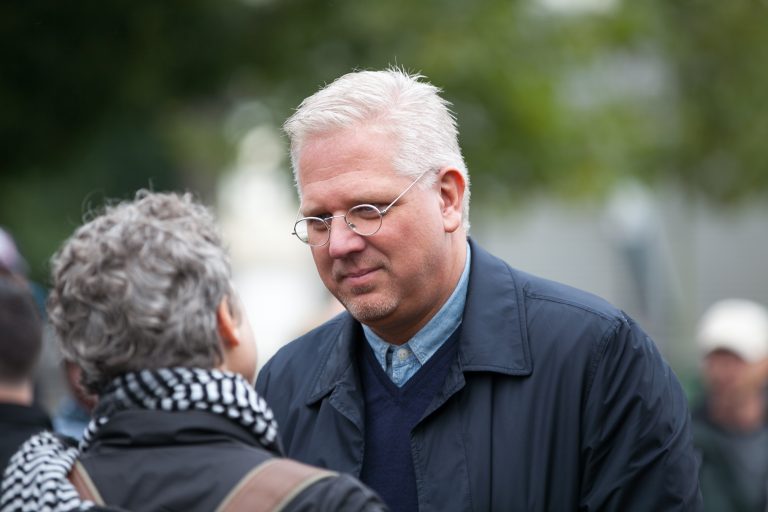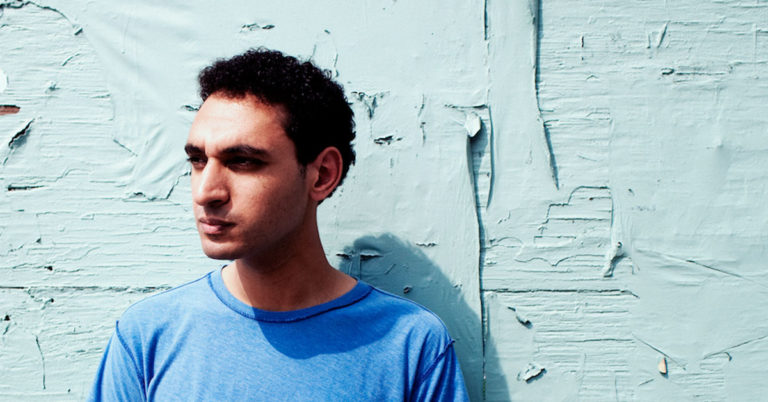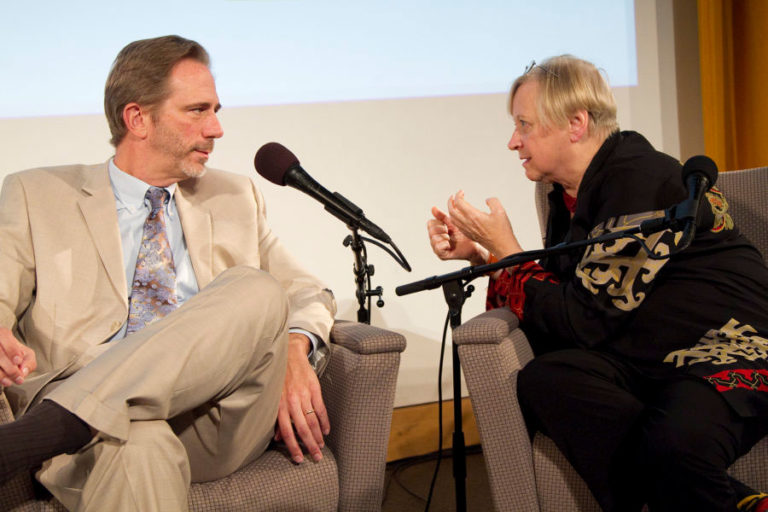Chinese-American philosopher and civil rights legend Grace Lee Boggs turned 100 this summer. She has been at the heart and soul of a largely hidden story inside Detroit’s evolution from economic collapse to rebirth. We traveled in 2011 to meet her and her community of joyful, passionate people reimagining work, food, and the very meaning of humanity. They have lessons for us all.
Political Values
Featured Items
Ta-Nehisi Coates says we must love our country the way we love our friends — and not spare the hard truths. “Can you get to a place where citizens are encouraged to see themselves critically, where they’re encouraged to see their history critically?” he asks. Coates is a poetic journalist and a defining voice of our times. He’s with us in a conversation that is joyful, hard, kind, soaring, and down-to-earth all at once. He spoke with Krista as part of the 2017 Chicago Humanities Festival.
View
- List View
- Standard View
- Grid View
43 Results
Filters
“When it comes to moral judgments, we think we are scientists discovering the truth, but actually we are lawyers arguing for positions we arrived at by other means.” The surprising psychology behind morality is at the heart of social psychologist Jonathan Haidt’s research. He explains “liberal” and “conservative” not narrowly or necessarily as political affiliations, but as personality types — ways of moving through the world. His self-described “conservative-hating, religion-hating, secular liberal instincts” have been challenged by his own studies.
Glenn Beck is a complicated person in American life, and he is acknowledging his role in the damaged state we’re in. To create the world we want our children to inhabit, we all need to be ready to let others surprise us, to offer forgiveness, and to ask hard questions of our own part in this moment. This doesn’t happen often in politics, but it is essential in life, and it must be part of common life, too. As part of our ongoing Civil Conversations Project, Krista draws out Glenn Beck in this spirit.
It’s hard to imagine honest, revelatory, even enjoyable conversation between people on distant points of American life right now. But in this public conversation at the Citizen University annual conference, Matt Kibbe and Heather McGhee show us how. He’s a libertarian who helped activate the Tea Party. She’s a millennial progressive leader. They are bridge people for this moment — holding passion and conviction together with an enthusiasm for engaging difference, and carrying questions as vigorously as they carry answers.
February 2, 2017
Chuck Colson, Greg Boyd, and Shane Claiborne
How to Be a Christian Citizen: Three Evangelicals Debate
To be Evangelical is not one thing, even on abortion. This conversation about Christianity and politics with three generations of Evangelical leaders — Shane Claiborne, Greg Boyd, and the late Chuck Colson — feels more relevant in the wake of the 2016 election than it did when we first recorded it. We offer this searching dialogue, which is alive anew, to a changed political landscape.
October 27, 2016
Natasha Trethewey + Eboo Patel
How To Live Beyond This Election
This political season has surfaced our need to reimagine and re-weave the very meaning of common life and common good. We take a long, nourishing view of the challenge and promise of this moment with former U.S. Poet Laureate Natasha Trethewey and interfaith visionary Eboo Patel. This is the second of two public conversations convened by the John C. Danforth Center on Religion and Politics at Washington University in St. Louis on the eve of the 2016 presidential debate on that campus.
October 20, 2016
David Brooks + E.J. Dionne
Sinfulness, Hopefulness, and the Possibility of Politics
This is a strange, tumultuous political moment. With columnists David Brooks and E.J. Dionne, we step back from the immediate political gamesmanship. We take public theology as a lens on the challenge and promise we will all be living as citizens, whoever our next president might be. This public conversation was convened by the John C. Danforth Center on Religion and Politics at Graham Chapel at Washington University in St. Louis, the day before the second presidential debate on that campus.
The civil rights lawyer Michelle Alexander is one of the people who is waking us up to history we don’t remember, and structures most of us can’t fathom intending to create. She calls the punitive culture that has emerged the “new Jim Crow,” and is making it visible in the name of a fierce hope and belief in our collective capacity to engender the transformation to which this moment is calling.
There’s a kind of brilliance that flashes up in early adulthood: an ability to see the world whole. Nathan Schneider has been able to articulate and sustain that far-seeing eye of young adulthood. He’s also a gifted writer, chronicling the world he and his compatriots are helping to make — spiritual, technological, and communal. At the Chautauqua Institution, we explore the wisdom of a millennial generation public intellectual on the emerging fabric of human identity.
Chinese-American philosopher and civil rights legend Grace Lee Boggs turned 100 this summer. She has been at the heart and soul of a largely hidden story inside Detroit’s evolution from economic collapse to rebirth. We traveled in 2011 to meet her and her community of joyful, passionate people reimagining work, food, and the very meaning of humanity. They have lessons for us all.
She became a national figure as the face of the “Nuns on the Bus.” Sr. Simone Campbell is a lawyer, lobbyist, poet, and Zen contemplative working on issues such as “mending the wealth gap,” “enacting a living wage,” and “crafting a faithful budget that benefits the 100%.” She is a helpful voice for longings so many of us share, across differences, about how to engage with the well-being of our neighbors in this complicated age.
He’s been called a post-millennial Schubert. Mohammed Fairouz has composed four symphonies and an opera while still in his 20s. He invokes John F. Kennedy and Anwar Sadat, Seamus Heaney and Yehuda Amichai in his compositions. He sees “illustrious language” as a form of music — and as a way, just maybe, to shift the world on its axis.
For over a decade, the French-American anthropologist Scott Atran has been listening to the hopes and dreams of young people from Indonesia to Egypt. He explores the human dynamics of what we analyze as “breeding grounds for terrorism” — why some young people become susceptible to them and others, in the same circumstances, do not. His work sheds helpful light on the question on so many of our minds as we watch horrific news of the day: How could this happen — and how could we possibly help transform it?
If journalism is a primary way we tell the story of ourselves and our time, Michel Martin is a person helping us tell that story — and take part in it — more completely. Her daily NPR program Tell Me More was often labeled as “diversity” or “minority” programming. But in fact, she and her journalism are about a more generous and realistic sweep of who we are now — and how we’re creating our life together anew. At the Chautauqua Institution, we mine her wisdom on the emerging fabric of human identity.
The third in a four-part series, “The American Consciousness.”
No issue is more intractable than abortion. Or is it? Most Americans fall somewhere between the absolute poles of “pro-life” and “pro-choice.” A Christian ethicist who advocates a “consistent ethic of life” and an abortion-rights activist reveal what they admire in the other side and discuss what’s really at stake in this debate.
Krista Tippett speaks with philosopher Jacob Needleman. As new democracies are struggling around the world, it’s easy to forget that U.S. democracy was shaped by trial and error. A conversation about the “inward work” of democracy — the conscience that shaped the American experiment.
Can journalism be a humanitarian art? New York Times columnist Nicholas Kristof has learned that reportage can deaden rather than awaken the consciousness, much less the hearts, of his readers. He shares his wide ethical lens he’s gained on human life in our time — both personal and global.
Paul Brandeis Raushenbush opens up a hidden but possibly re-emerging influence in the DNA of American Christianity, reaching back to the Social Gospel movement at the turn of the 20th century. And, the Huffington Post religion editor shares what he’s learning about religion in this century’s evolving realm of technology.
August 18, 2011
Richard Mouw
Restoring Political Civility: An Evangelical View
Richard Mouw challenges his fellow conservative Christians to civility in public discourse. He offers historical as well as spiritual perspective on American Evangelicals’ navigation of disagreement, fear, and truth.
The Pause
Join our constellation of listening and living.
The Pause is our seasonal Saturday morning ritual of a newsletter. Replenishment and invigoration in your inbox. Wisdom to take into your week. And when you sign up, you’ll receive ongoing, advance invitations and news on all things On Being.
Search results for “”
View
- List View
- Standard View
- Grid View
Filters
